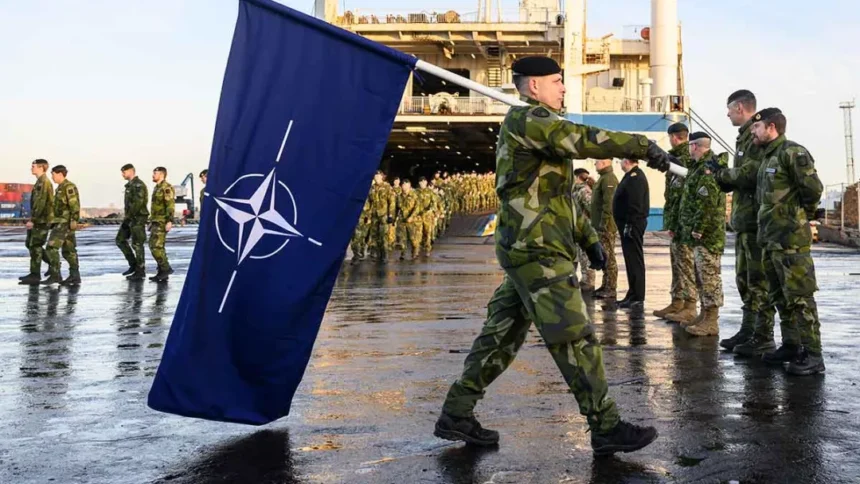In 2025, the Russian occupation of parts of Ukraine continues to impact millions of lives in cities such as Mariupol, Melitopol, and the Crimean Peninsula. Despite harsh policies of Russification and increased militarization, the Ukrainian people demonstrate remarkable resilience through silent acts of resistance. This blog explores the realities faced by those living under Russian control and the subtle ways they fight to preserve their identity.
Life Under Russian Occupation: Harsh Realities

About one-fifth of Ukrainian territory remains under Russian control, a situation unchanged despite ongoing peace talks. Cities like Melitopol and Mariupol, seized since the 2022 full-scale invasion, have seen intensified Russification efforts — from mandatory Russian citizenship to forced cultural assimilation.
Children in occupied schools are compelled to wear Russian military uniforms and sing the Russian national anthem. Ukrainian language use is banned publicly, and speaking it can invite severe punishment. Residents live under constant fear of surveillance by Russian security forces, with families threatened if children resist assimilation efforts.
Small but Powerful: The Ukrainian Silent Resistance
Amid this oppression, Ukrainians organize secret resistance networks. One such group, Zla Mavka, consists mainly of women who engage in covert activities like distributing Ukrainian symbols, leaflets, and even sabotaging occupiers’ supplies. These acts, though dangerous, serve as vital reminders that Ukrainian spirit and identity endure.

- Posting Ukrainian symbols and leaflets in public places.
- Running social media accounts documenting life under occupation.
- Using subtle sabotage tactics against occupying forces.
These resistance efforts come at great personal risk. Russian authorities treat any display of Ukrainian identity as extremist, and activists often face detention or “silent disappearance,” a fate feared deeply by the population Russian occupation.
The Human Cost: Trapped Between War and Occupation
Many remain trapped in these occupied territories due to family ties or fear of losing their homes. The aftermath of sieges, especially in Mariupol, has left much of the city demolished with soaring unemployment and rising living costs. Residents’ conversations revolve around reclaiming property and surviving daily hardships.
Tragic stories, such as the disappearance and death of journalist Viktoriia Roshchyna, highlight the brutal consequences of occupation. Civilians live under constant threat, unable to freely express their culture or speak their language without fear.

Looking Forward: Hopes and Challenges
While some fear any ceasefire deal might cement Russian control and lead to further erosion of Ukrainian identity — as seen in Crimea since 2014 — others hold on to hope. The silent resistance continues, waiting for international support and Kyiv’s renewed efforts to reclaim occupied lands.
For Ukrainians like Mavka, Pavlo, and Iryna, maintaining their culture, spirit, and hope in the face of occupation is a form of defiance. Their stories remind the world that even in the darkest times, resilience shines.
Learn More About the Ukraine Conflict and Human Rights Issues
Discover related insights on Ukrainian Conflict Updates and the effects of Russification Policies in Eastern Europe.









